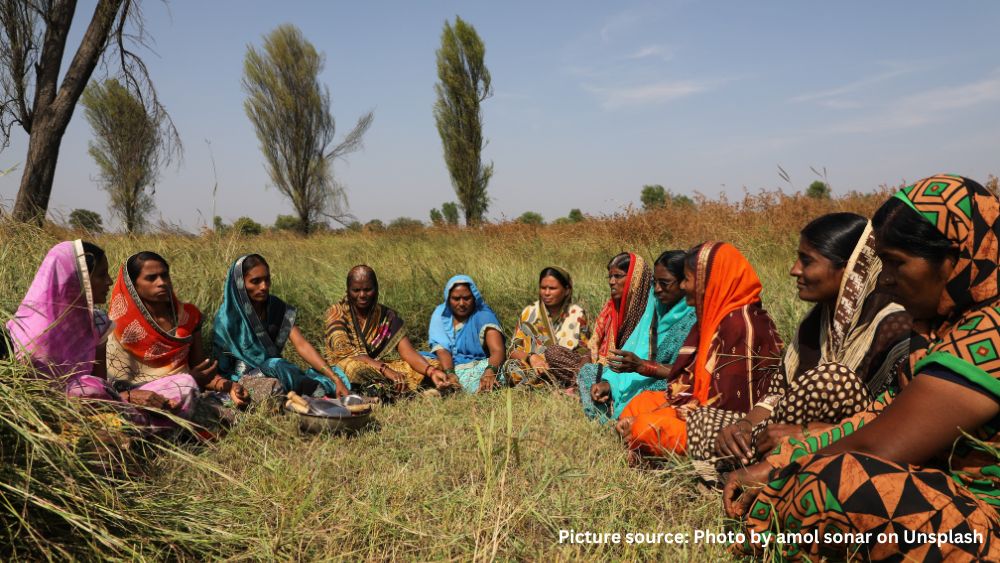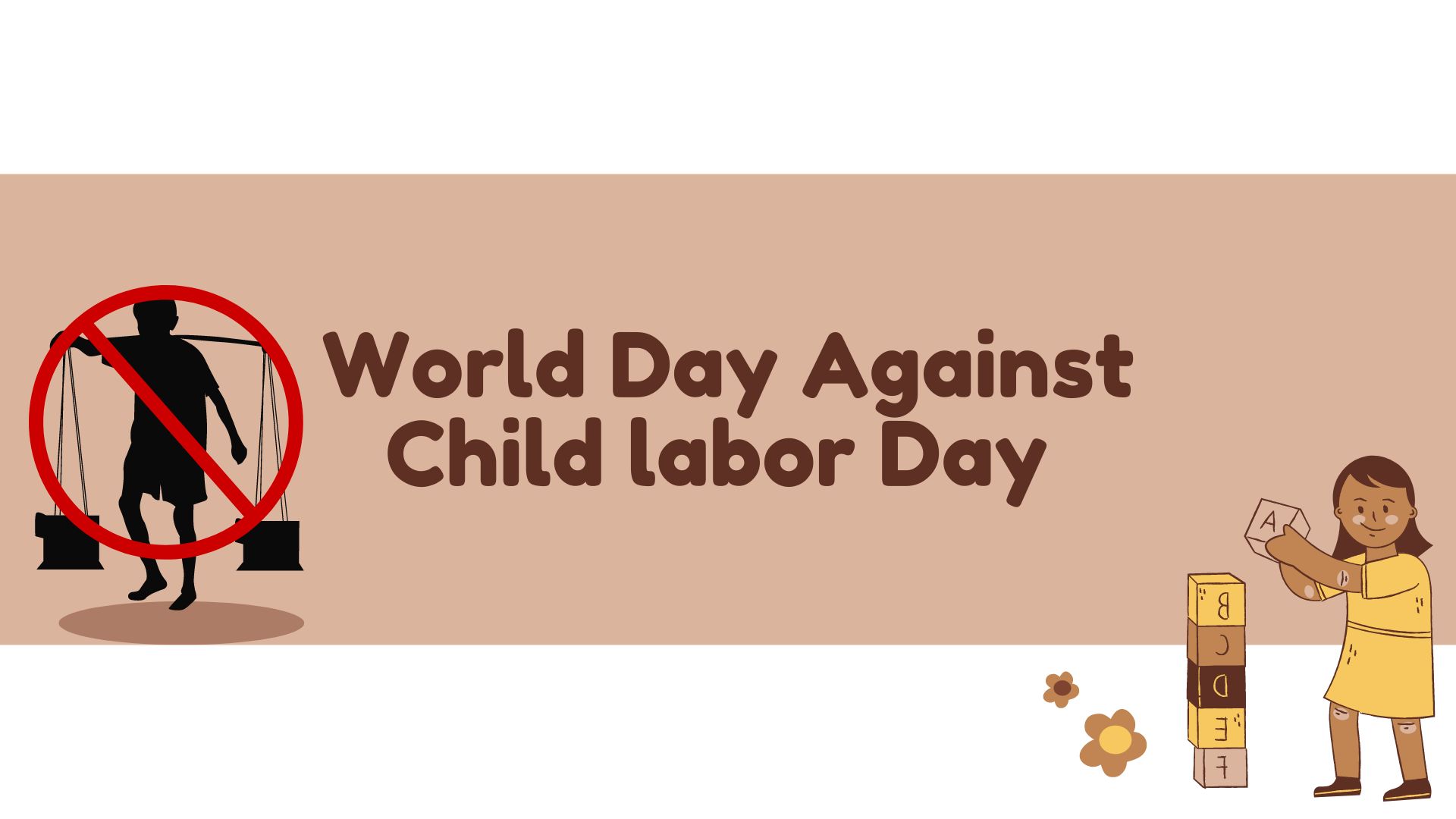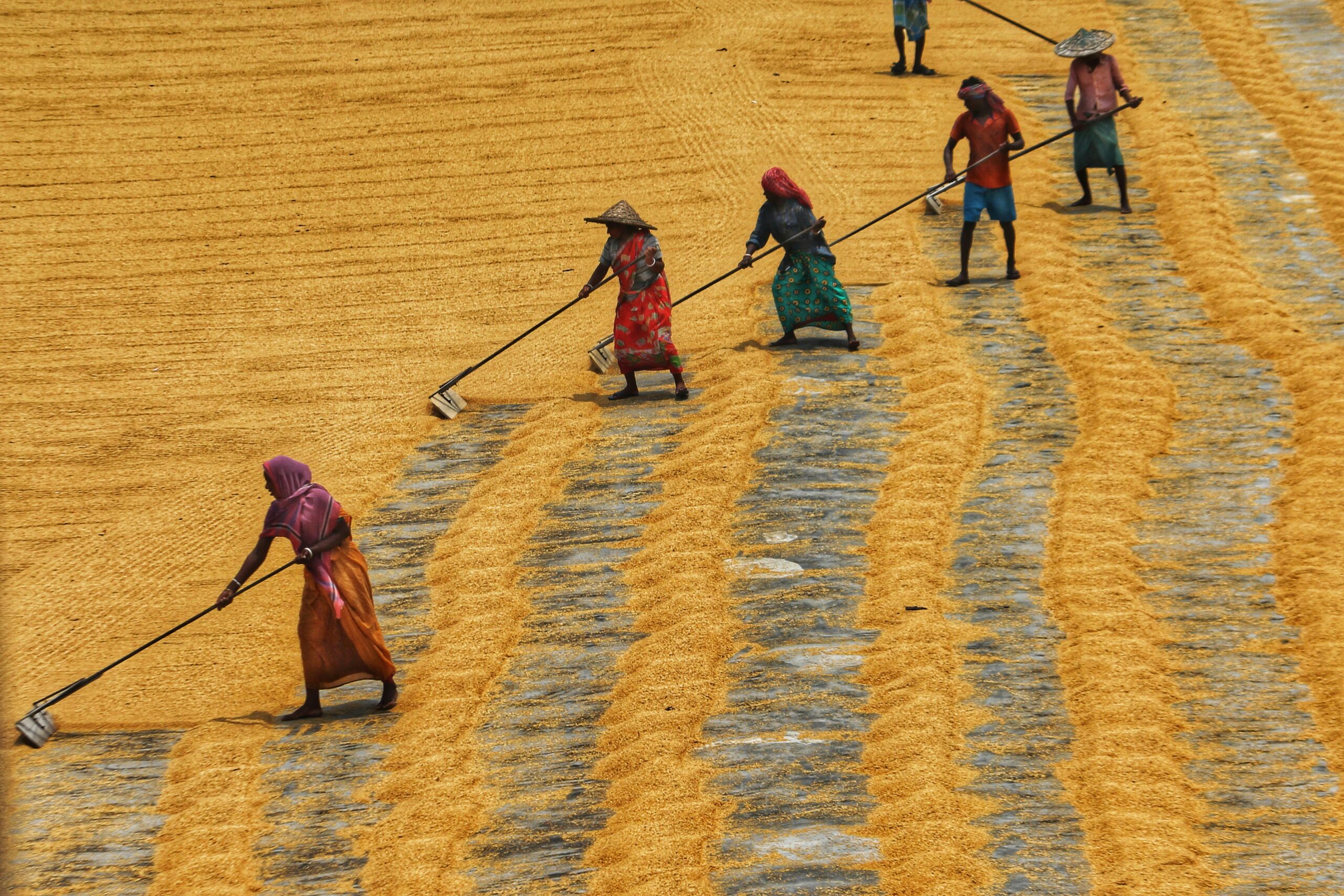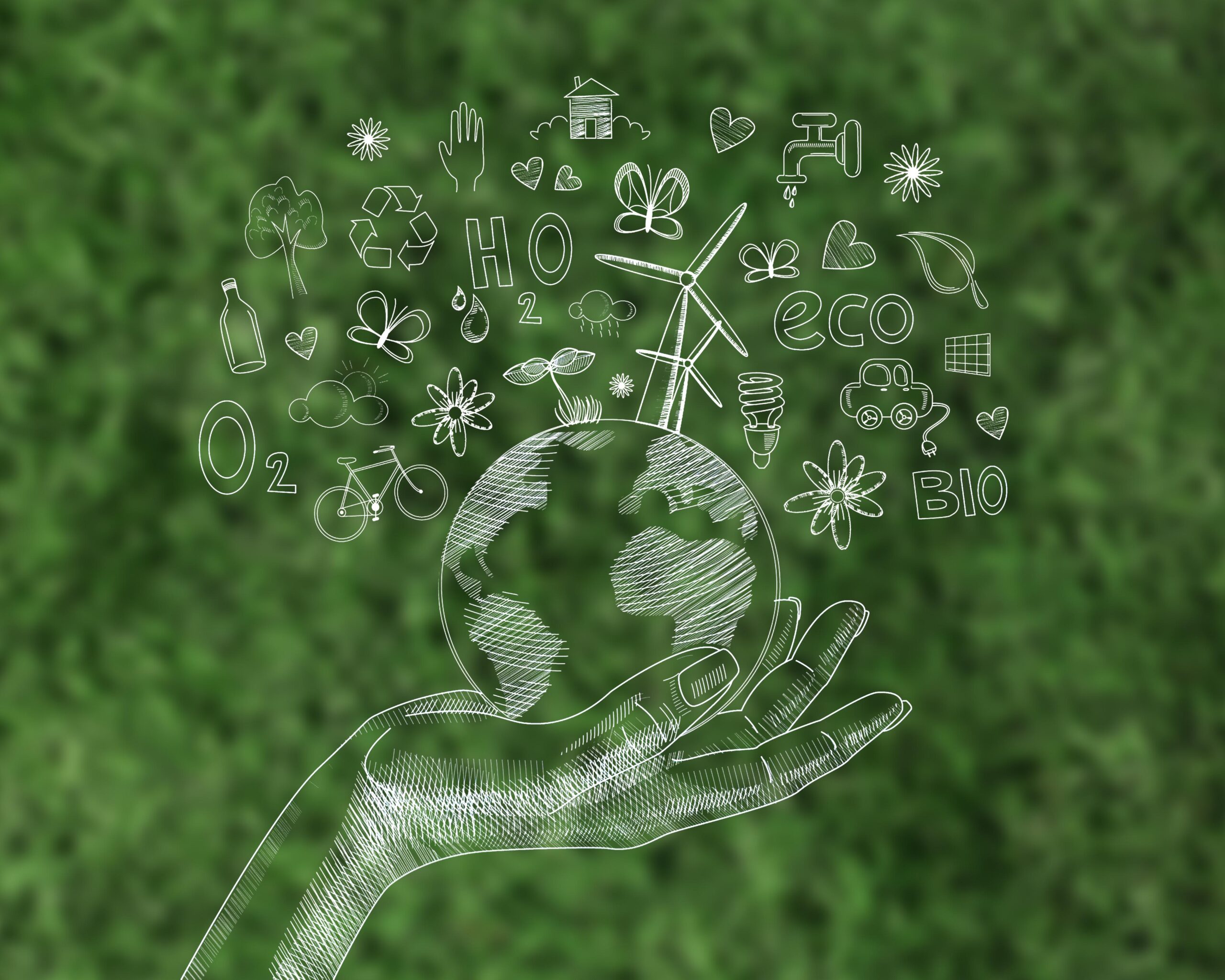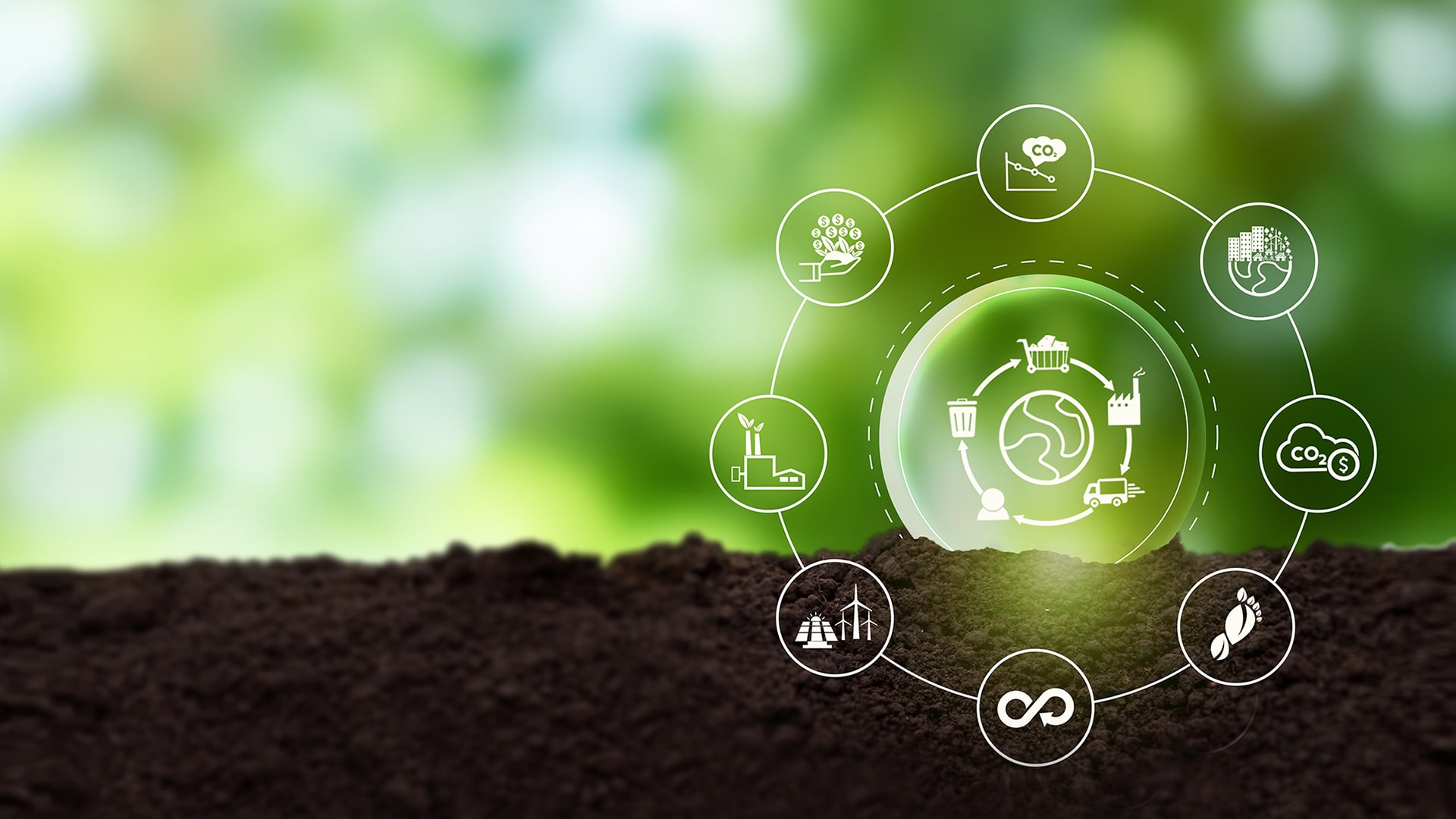Introduction
International Women’s Day serves as a reminder of the progress made towards gender equality but also highlights how much work there is still left to do. To that end, technology has been identified as an important tool in levelling the playing field for women and empowering them across many areas of life. This year we commemorate this day by exploring ways tech can support women – from improved access to education, healthcare resources or job training opportunities – while keeping in mind what challenges hinder its adoption among women worldwide.
Empowering Women through Technology
Innovation & technology can enable gender equality by offering a multitude of benefits. From financial literacy and access to banking services to resources that may be otherwise inaccessible in rural or remote areas – such as health care, educational opportunities, and job market information – tech supports women’s autonomy like never before. In doing so, it has the power to create greater economic independence for all genders alike.
Technological innovation advances present a unique opportunity to combat gender-based violence and create more accessible workplaces for women. Multiple app solutions can be employed to ensure that emergency services are readily available if needed, while virtual workspaces break down traditional barriers so as not to limit female success in the workplace. Furthermore, online platforms provide access to critical resources such as legal aid, which may help support them through difficult times. Furthermore, technology has enabled unprecedented access to powerful support networks. Women around the world are using digital communities and social media channels to share their stories, goals, struggles and successes – providing an invaluable resource of connection & understanding.
Leveraging the power of artificial intelligence (AI) tools can be a game-changer in promoting gender equality. AI-driven solutions have tremendous potential to reduce bias during recruitment, hiring and promotion processes and eliminate gendered language from job descriptions and resumes – thus ensuring equal pay opportunities for all genders. By providing valuable data on gender dynamics, AI also offers a powerful tool to inform policy decisions that protect women against discrimination and harassment.
The Digital Divide
Despite the undoubted utility of technology in diminishing gender disparities, the digital divide remains a major obstacle to achieving gender equality. This wide-reaching issue encompasses unequal access to tech resources, skillsets and knowledge, and lagging online representation – all further aggravated by expensive prices or limited accessibility in certain parts of the world. This unfortunate disparity has far-reaching implications for their socioeconomic prospects – without proper resources or training, many are unable to compete on an equal footing with others. It is especially true for – women in developing countries who often lack access to essential digital tools and networks. Furthermore, social factors may come into play, like traditional gender roles, which can sway one’s choice about using technology for fear of the potential consequences it might bring forth.
In order to bridge the digital divide and ensure that women are able to benefit from technology, there needs to be a concerted effort to provide access to tech resources, build trust in technology and create an understanding of how it can be used. Additionally, there must be an emphasis placed on digital literacy and incentives for businesses and organisations to create tech-enabled solutions aimed at empowering women.
Gender Bias in Technology
Technology has the power to bridge gaps in gender equality and open new avenues for growth. Yet, it can also create barriers even more profound than those faced before due to its tendency to embody ingrained biases inherent in society. If left unchecked, these prejudices could end up hard-coded into our technology products, such as software programs or AI systems–resulting in overgeneralising stereotypes that have no place within a prosperous future. Therefore, initiatives must be designed with diversity and inclusion front and centre, ranging from implementing ethical standards during creation all the way through hands-on professional training tailored explicitly towards confronting bias head-on.
Conclusion
In the fight for gender equality, technology and innovation have great potential. Combining creativity with forward-thinking technology could be instrumental in bridging the gap between genders worldwide! From addressing digital disparity and strengthening female empowerment via tech to utilising Artificial Intelligence (AI) – these are some of the many ways we can use technological advancements to achieve true parity in our country and world.
“NOTE: The views expressed here are those of the authors and do not necessarily represent or reflect the views of CRB.”
[1] https://www.un.org/en/observances
[2] https://www.un.org/en/global-issues/youth
[3] https://documents-dds-ny.un.org/doc/UNDOC/GEN/N00/246/20/PDF/N0024620.pdf?OpenElement
[4] https://press.un.org/en/1998/19980812.soc4472.html
[5] https://www.un.org/development/desa/youth/what-we-do/international-youth-day.html
[6] https://www.un.org/en/global-issues/youth
[7] https://www.un.org/development/desa/youth/what-we-do/international-youth-day.html
[8] https://www.un.org/en/observances/youth-day
[9] https://www.un.org/sustainabledevelopment/development-agenda/
[10] https://sdgs.un.org/goals


